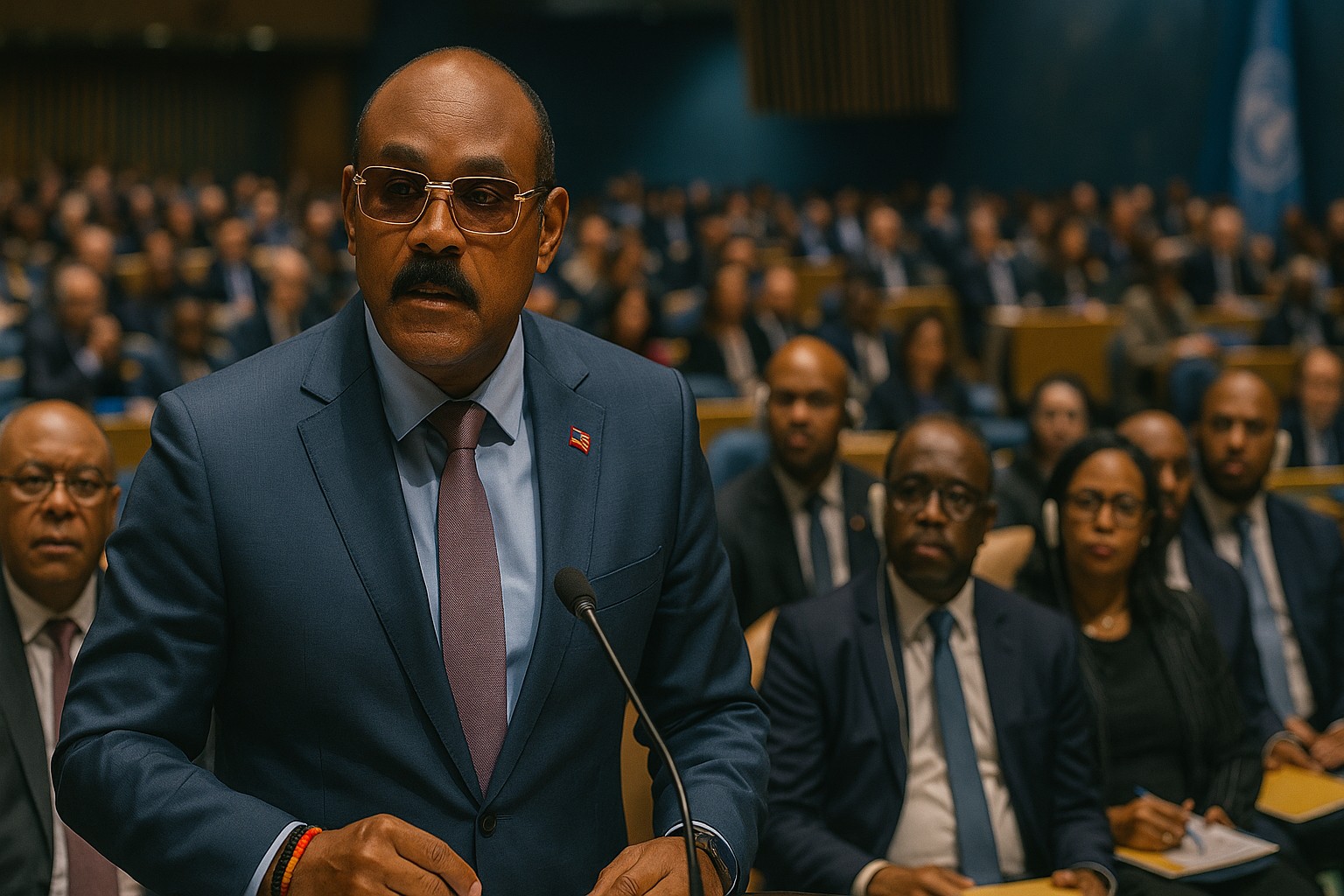The International Court of Justice (ICJ) is poised to deliver an advisory opinion addressing Israel's legal obligations towards United Nations (UN) agencies and international organizations active in the occupied West Bank and Gaza Strip.
The request, submitted by the UN General Assembly late last year, follows Israel's parliament enacting laws prohibiting activities by the UN agency for Palestinian refugees (Unrwa) within its territory, fostering accusations from Israel that the agency is infiltrated by Hamas - a claim that Unrwa has consistently refuted.
The ICJ's opinion is anticipated to address Israel's responsibilities concerning the unhindered provision of essential supplies to Palestinian citizens, particularly amid worsening humanitarian conditions.
Since Israel heightened its blockade on Gaza following its conflict with Hamas, access to food and medical supplies has been severely restricted for the territory's approximately 2.1 million residents. Reports indicate that over 640,000 individuals face catastrophic food insecurity, with the territory experiencing a disaster labeled as 'entirely man-made' by global experts.
The ICJ is expected to clarify two primary legal questions: whether Israel's ban on Unrwa contravenes UN conventions that assure the independence of UN agencies, and whether the restrictions imposed on the crossings into Gaza violate international humanitarian law, including Israel’s obligations as an occupying power to protect civilians.
Although the ICJ's advisory opinion will not be legally binding, it holds substantial moral and diplomatic implications. Legal arguments presented during the hearings at The Hague have highlighted Israel’s obligations as an occupying power to facilitate the operations of UN entities for the welfare of the local population, encompassing relief services and education.
Israel considers these proceedings a misuse of international law, asserting its right to self-defense against threats posed by Hamas. Meanwhile, the ongoing challenges to Unrwa's legitimacy and operations underscore broader questions over the enforcement of international legal standards when confronted by major UN member states.
This inquiry represents a critical examination of the interplay between international law and humanitarian obligations, with significant stakes for Palestinian rights amidst ongoing conflict.




















